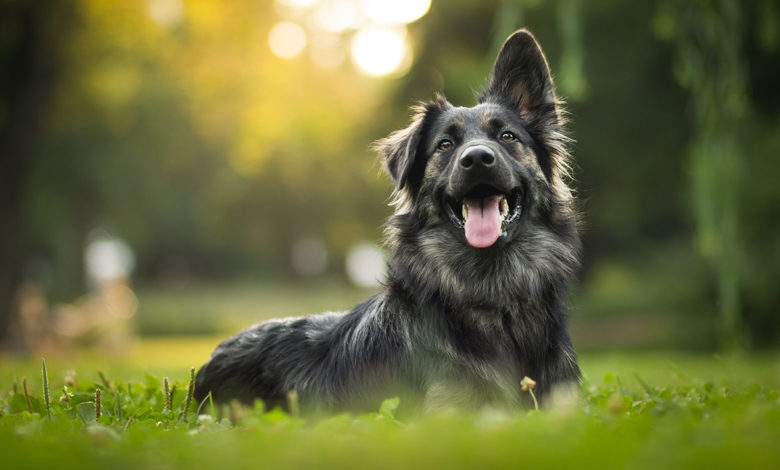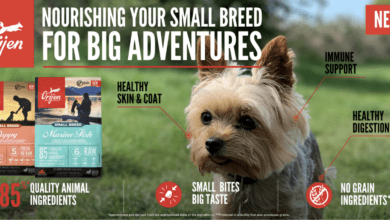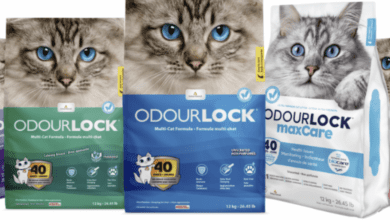Features
Top tips for healthy skin and coat in pets

As the weather gets warmer many pet owners will be spending time with pets in the garden. During Spring, allergies can become more prominent with some pets developing dry, itchy skin and sensitive skin.
You'll need to
subscribe to unlock this content. Already subscribed? Login?







